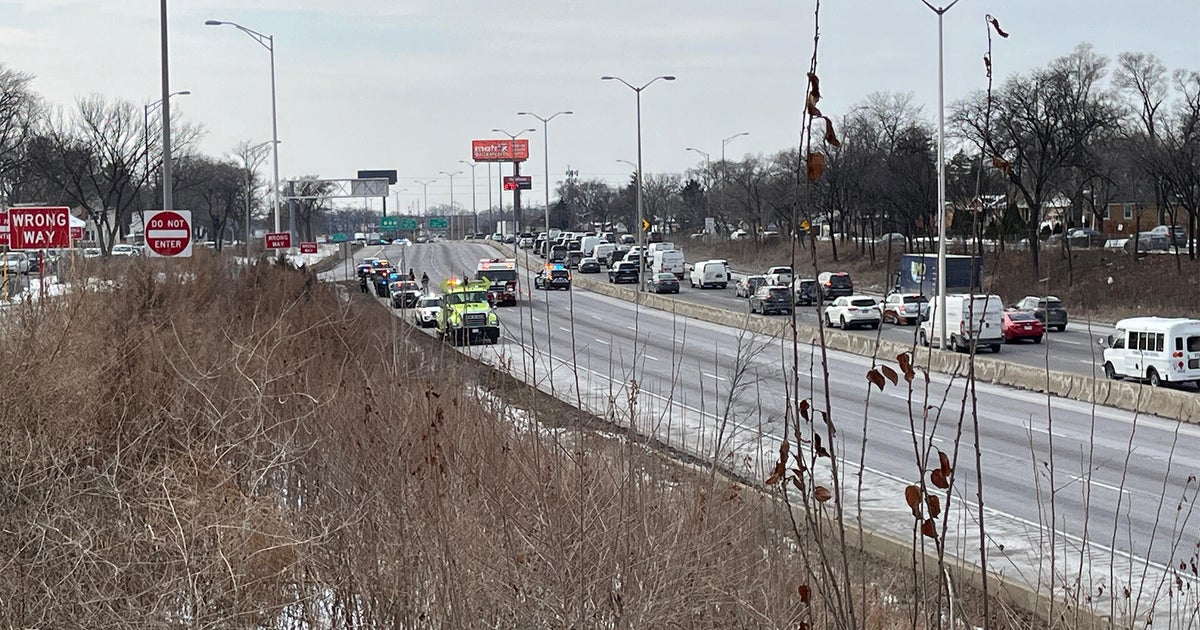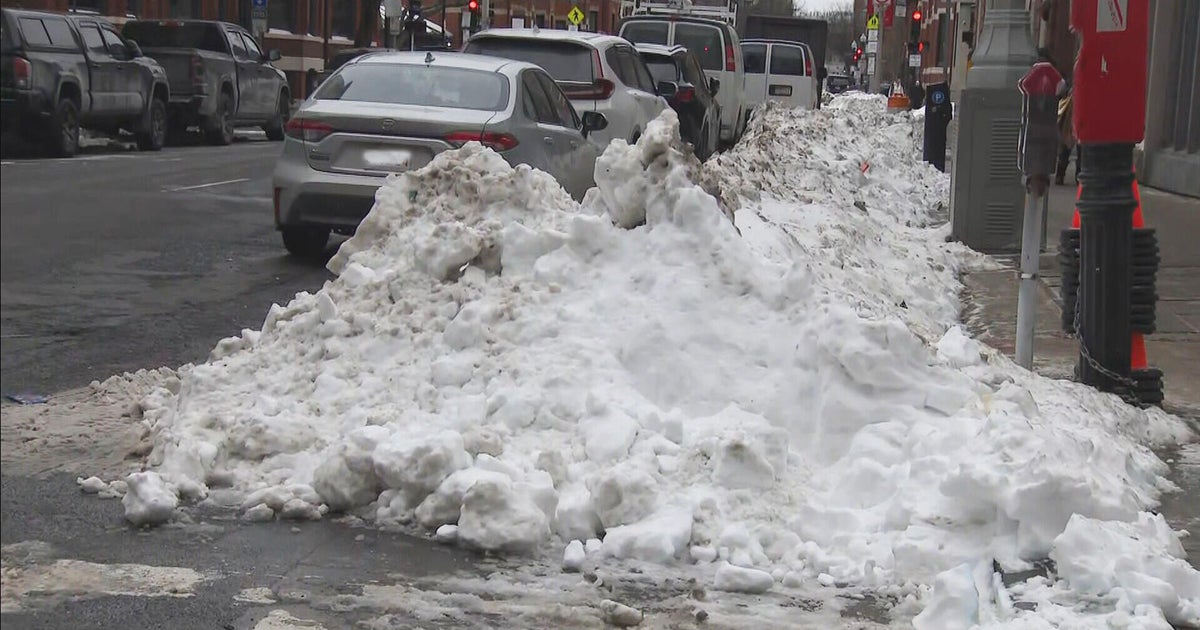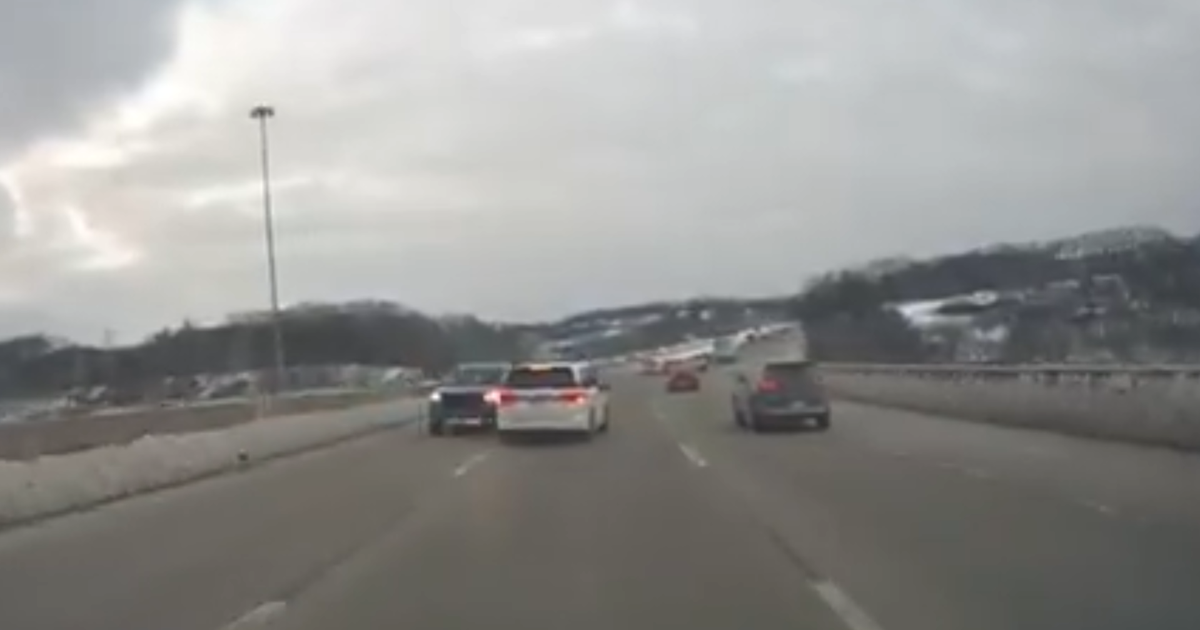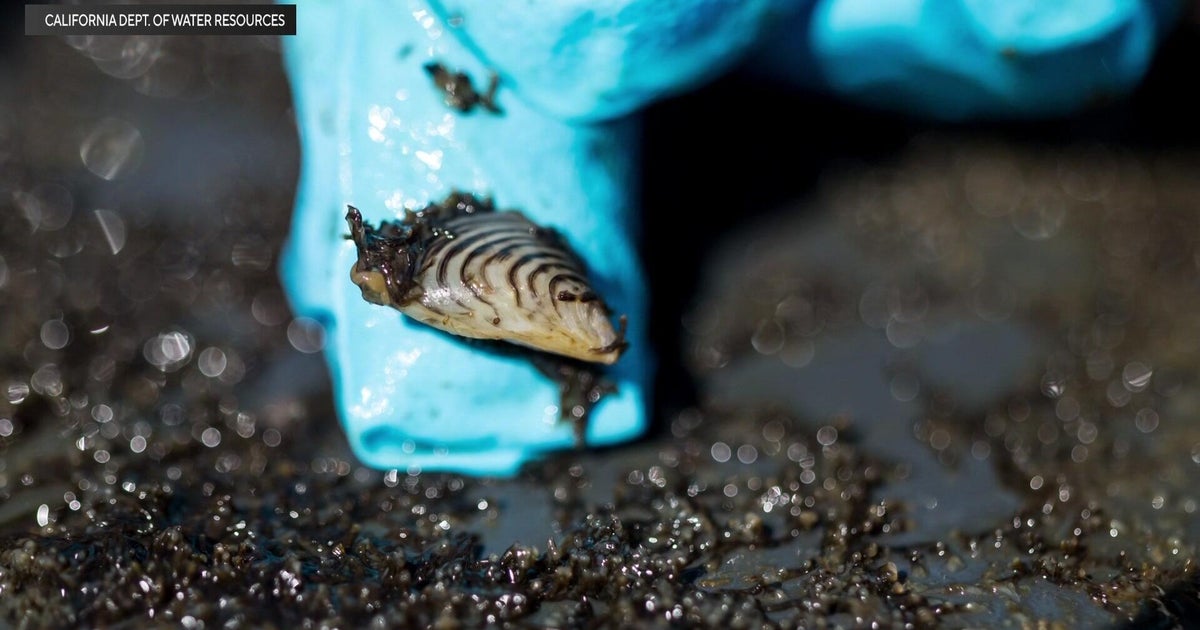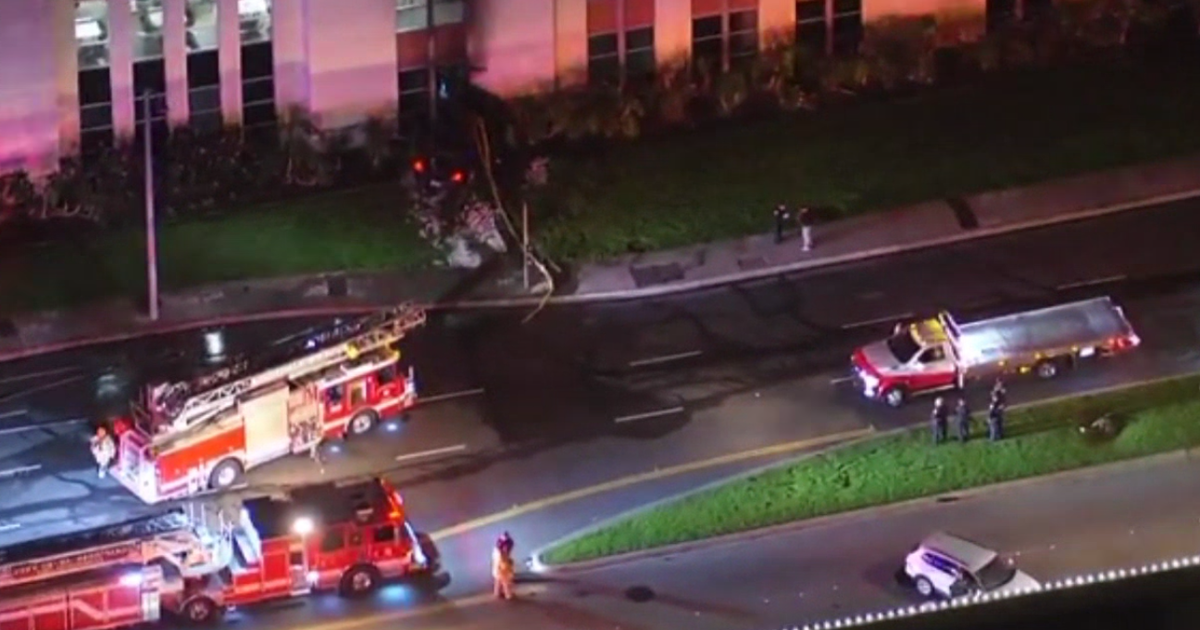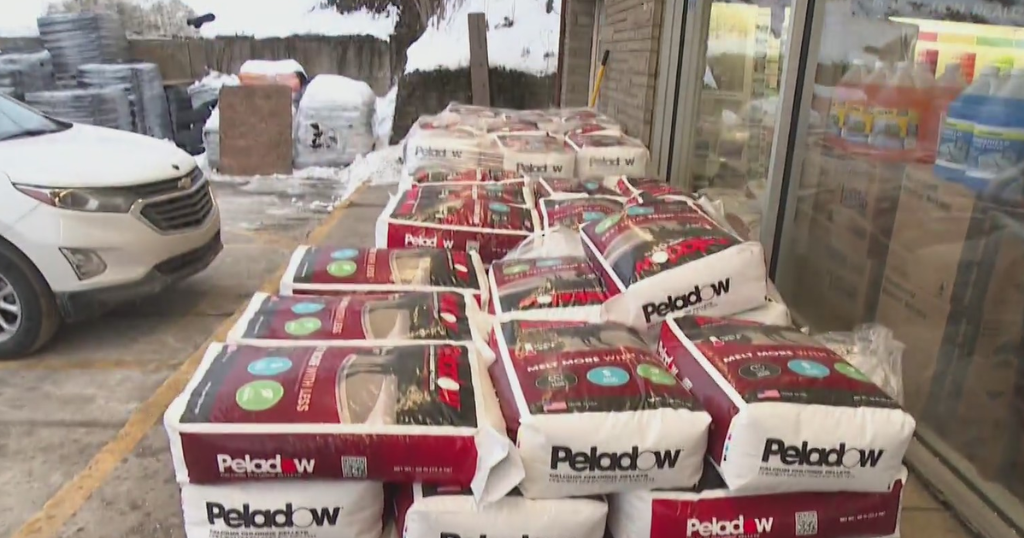Some say different farming methods could prevent dust storms like the one that caused I-55 pileup
CHICAGO (CBS) -- The dust storm that covered Interstate 55 in Central Illinois this week is considered by some a freak event – as dust from surrounding farm fields created zero visibility.
But some farmers point to the techniques used on these particular fields as a contributing factor.
Seven people died in the resulting 72-vheicle pile-up Monday, and nearly 40 were injured. As CBS 2's Charlie De Mar reported Wednesday night, Illinois State Police pinpointed the cause of the crash as blowing dust from the farm fields that line much of I-55.
In the days since, we have heard from farmers who call the crash tragically disappointing – especially since they believe there are better ways of farming.
Drivers were forced to weave through traffic Monday as that dust blown from nearby farm fields made it nearly impossible to see on I-55 near Springfield. A horrific chain-reaction crash followed.
"I really feel bad for those people and the cars," said Ohio farmer David Brandt.
Brandt is an advocate for no-till farming.
"We do not disturb the soil, so they call that no-till," he said.
Tilling, which loosens the soil before planting, creates a layer of topsoil. Brand believes that to be a possible contributing factor to the intensity of the dust blown Monday.
"We have got to get the farmers educated enough to understand some of the things we could do to save the soil," Brandt said. "I'm not poking blame, but you know, somehow, some way, with some education, I think this could be improved immensely."
Illinois State Police Director Brendan Kelly says an investigation will focus on where the dust came from.
"There's any number of things that could have led to this," Kelly said. "and there's a number of ways of tilling soil. There's no-till. There's lots of different types of agricultural activity. But some of these things may be related to a period of dryness."
Are criminal charges possible?
"We have a process to make that determination," Kelly said.
Emerson Nafziger is a crop science professor at the University of Illinois.
"This year has been really unusual," Nafziger said. "April was drier than normal."
He says the cause of the dust-up is more complicated than simply pinning it to tilled fields.
"Fields that hadn't had any tillage done to them - at least any tillage this spring - could easily have had been contributing to this," he said.
"It's tragic that we have to lose lives; that we shoudn't" Brandt said, "and I think there's things we could do so it would never happens again."
When asked if there are any laws or environmental regulations surrounding tilling, Illinois state Police said there would be no motivation for a farmer to lose their topsoil - but added that it is early in the investigation.
